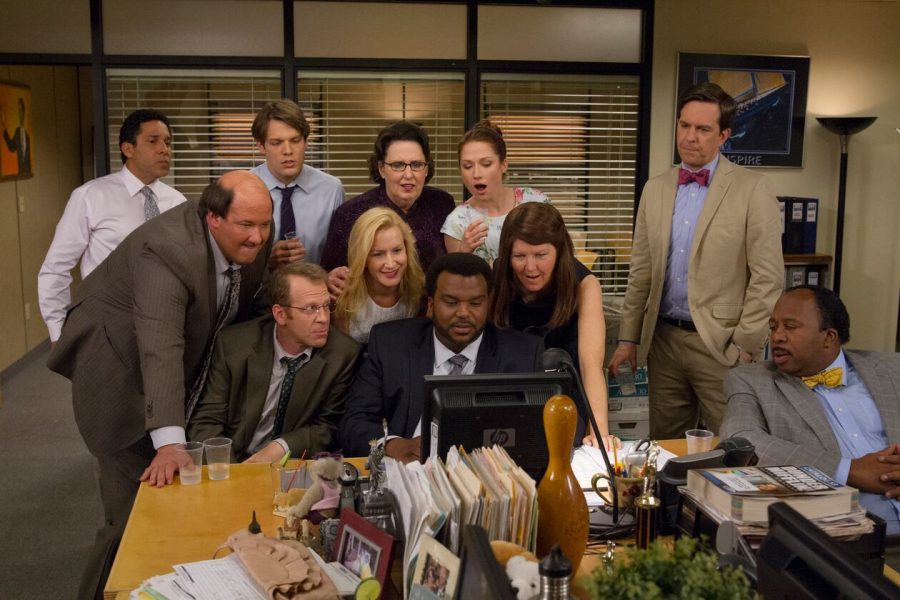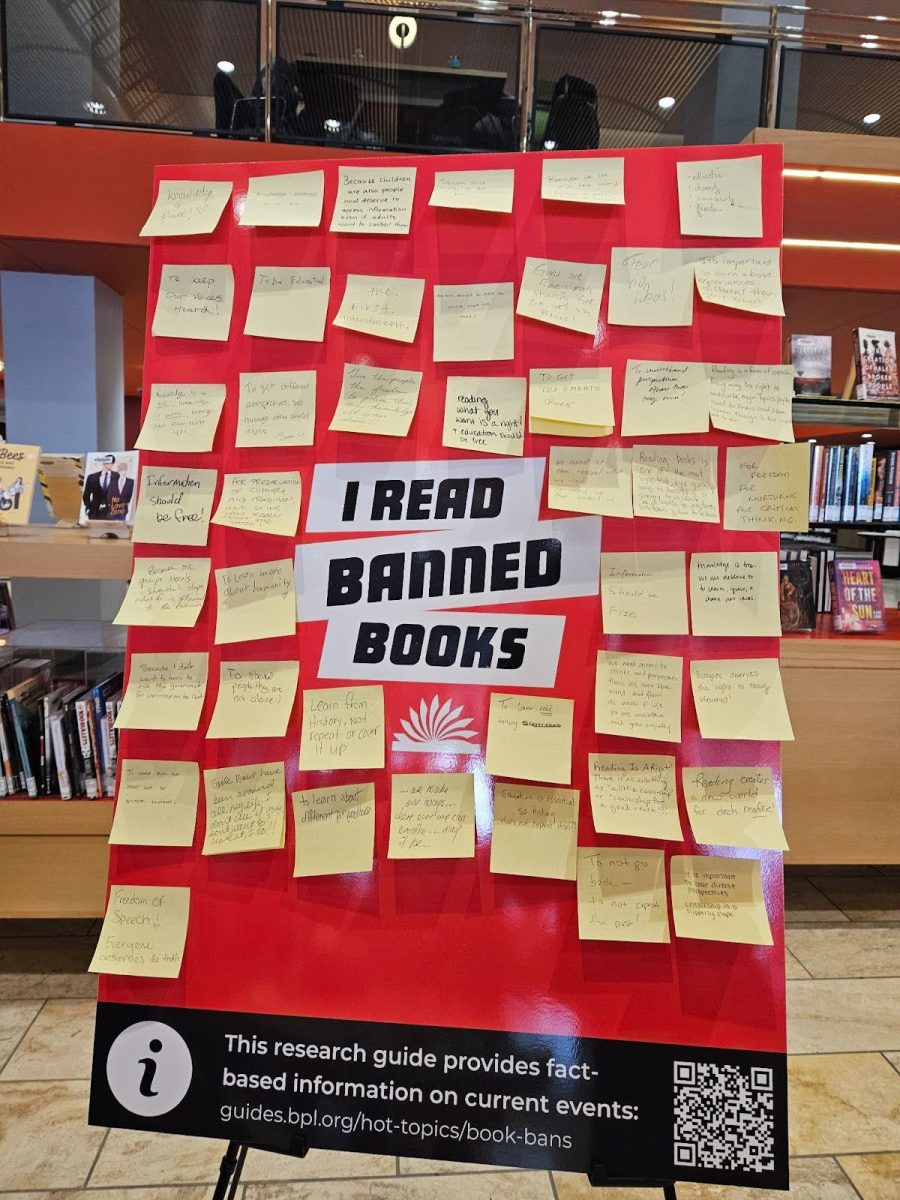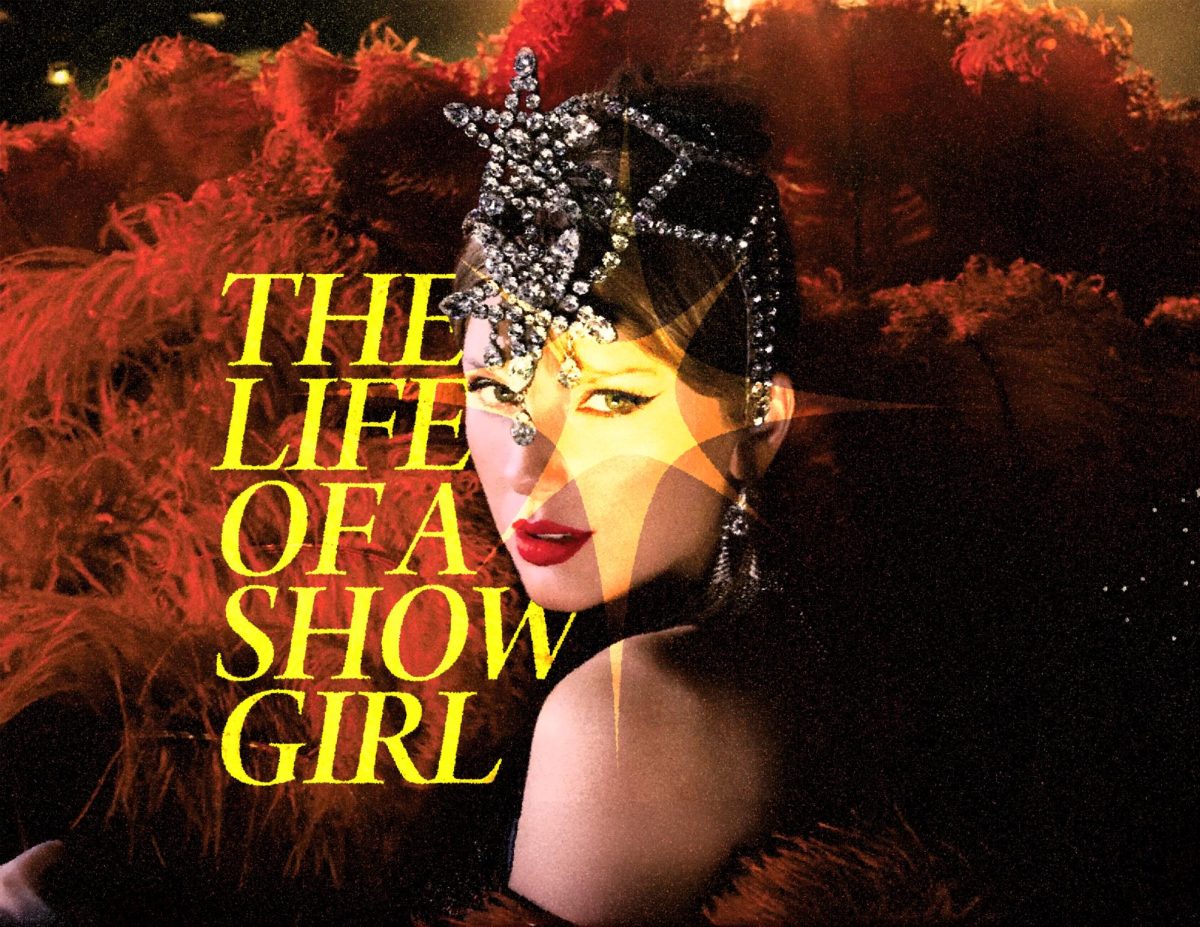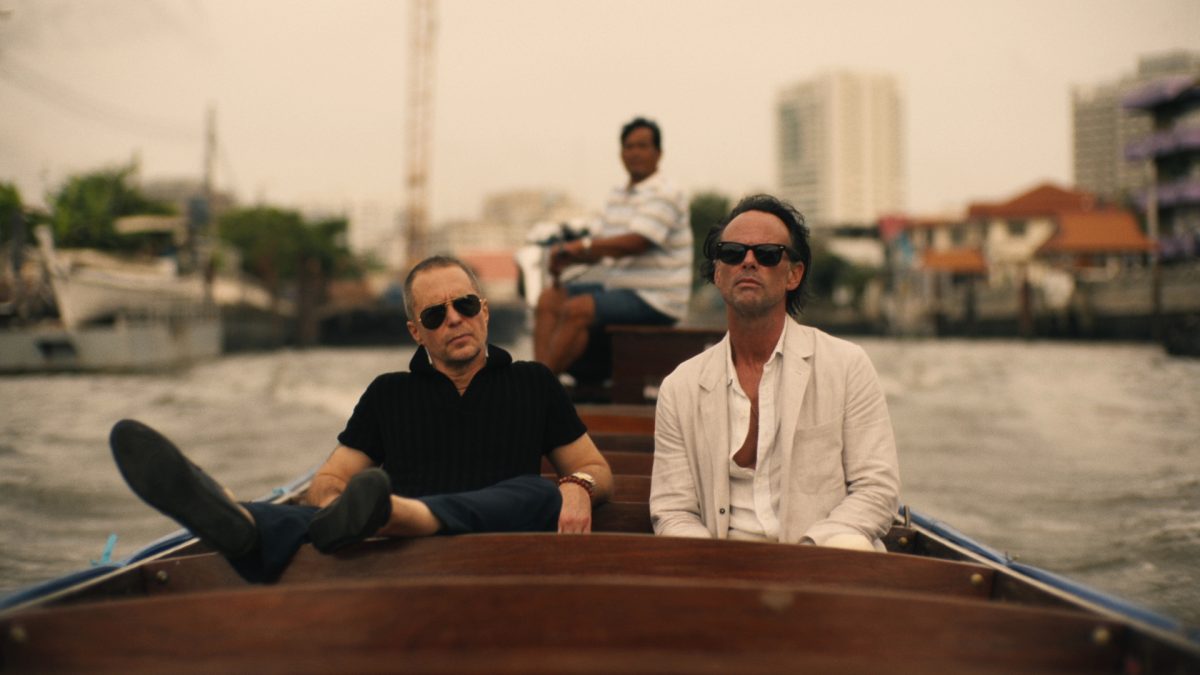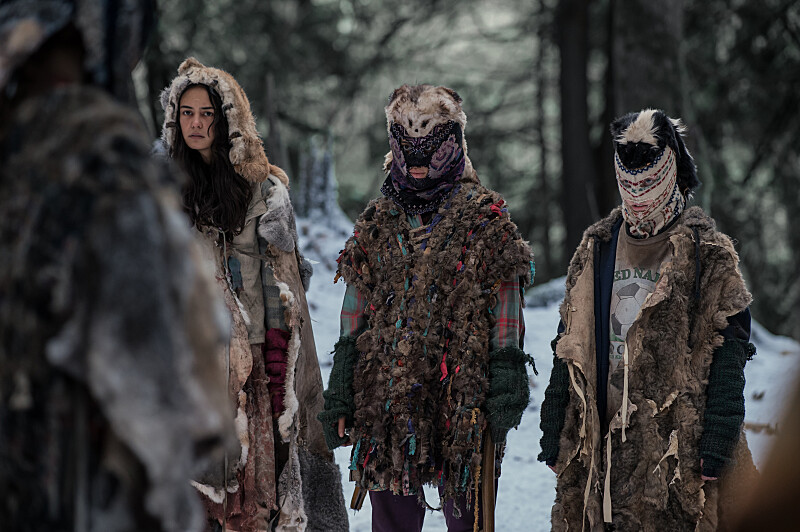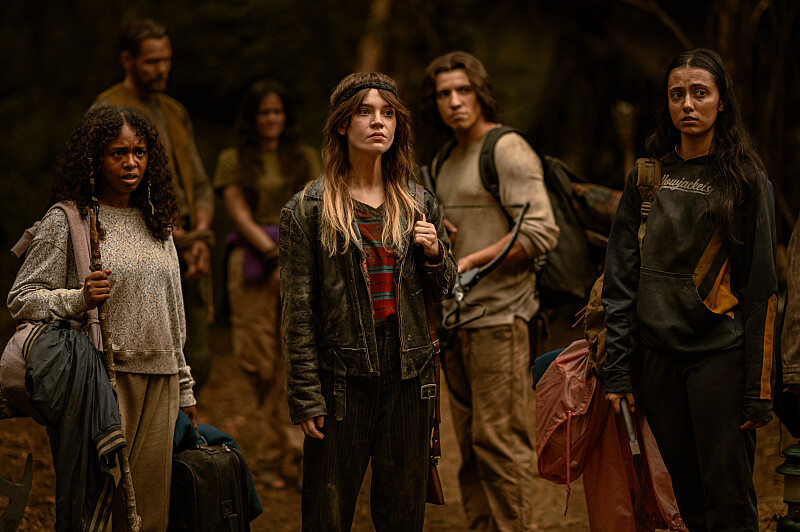In 2020, “The Office” was the most relevant TV show in America due to the rawness it used to depict business professions and the work environment.
After 15 years since the pilot premiered, the American version of “The Office” is still one of the most iconic television shows in history. According to Nielsen Audio ratings, the show was streamed for more than 50 billion minutes in 2020, making it ranked first in the acquired series category.
In the show, audiences get introduced to the company Dunder Mifflin, a paper-selling and distribution company right away. This company might seem like a boring company to work for but think again. It has a hostile environment with interesting workers, to say the least.
One of the funniest aspects of the show and an integral part of the company is the employees. Characters such as Dwight, Jim, Michael, Creed, Stanley, Angela and Meredith often get the laughs out of the audience.
Right off the bat, a company that only distributes paper and has regional offices all over the east coast will likely be bankrupt in the real business world. They would lose to companies that have a larger scale of the effective supply chain, like Staples.
“Right now, I don’t think a lot of people or businesses will buy paper. So no, they will probably not survive. But I’m sure that Michael Scott or Dwight Schrute would do something about that,” said Anna Plumb, a freshman student from Suffolk University.
There was one occasion that an executive of Dunder Mifflin, Ryan Howard, attempted to corporate online services to the company. It was going well until he committed fraud by entering the sales twice.
With a company like Dunder Mifflin, an e-commerce function might be unnecessary due to the focus on personal connections with its clients.
The only way that the company might work would be to make it operate on a smaller scale. Since Dunder Mifflin focuses on sales calls and customer service, making the entire company focused on one specific area would be more effective. Additionally, the company had to downsize or merge many regional branches in the show.
Later, the company got sold to a printing company, Sabre. The former CFO, David Wallace, also bought the company as its new ownership.
Regarding the work environment at the company, it was a toxic environment. Some of the actions that contributed to the environment were the exposure of nudity, inappropriate jokes, discrimination, bullying, pranks, sexual misconduct, an absence of consent and stereotyping.
For example, there was a scene during the “Diversity Day” episode when Dwight had the word “Asian” stuck to his head as part of an exercise. Pam had to give hints to him to help him guess what ethnicity was on his forehead. She said, “Based on the stereotype that I do not agree with, you would maybe not be a very good driver.” Dwight replied, “Aw, man am I a woman?”
As always, the cause of a hostile environment would likely be the manager. In this case, it would be Michael Scott. In the real world, he would get fired many times over.
From “That’s what she said” to “I hope to someday live in a world where a person could tell a hilarious AIDS joke. It’s one of my dreams,” Mr. Scott would have been in trouble with Human Resources. Fortunately, HR at the time, Toby Flenderson, did not care and steered away from Michael.
A freshman student from Sawyer Business School, Melinda Ngo, said that if she was the boss she’d fire Angela or Stanley.
“They don’t care about anything about money. I’m concerned about the employee’s attitudes,” Ngo said.
Needless to say, the company would have faced financial struggles from lawsuits alone. This show throws work ethics right out the window.
The bottom line, things that happened in “The Office” should not happen in the real workplace.


